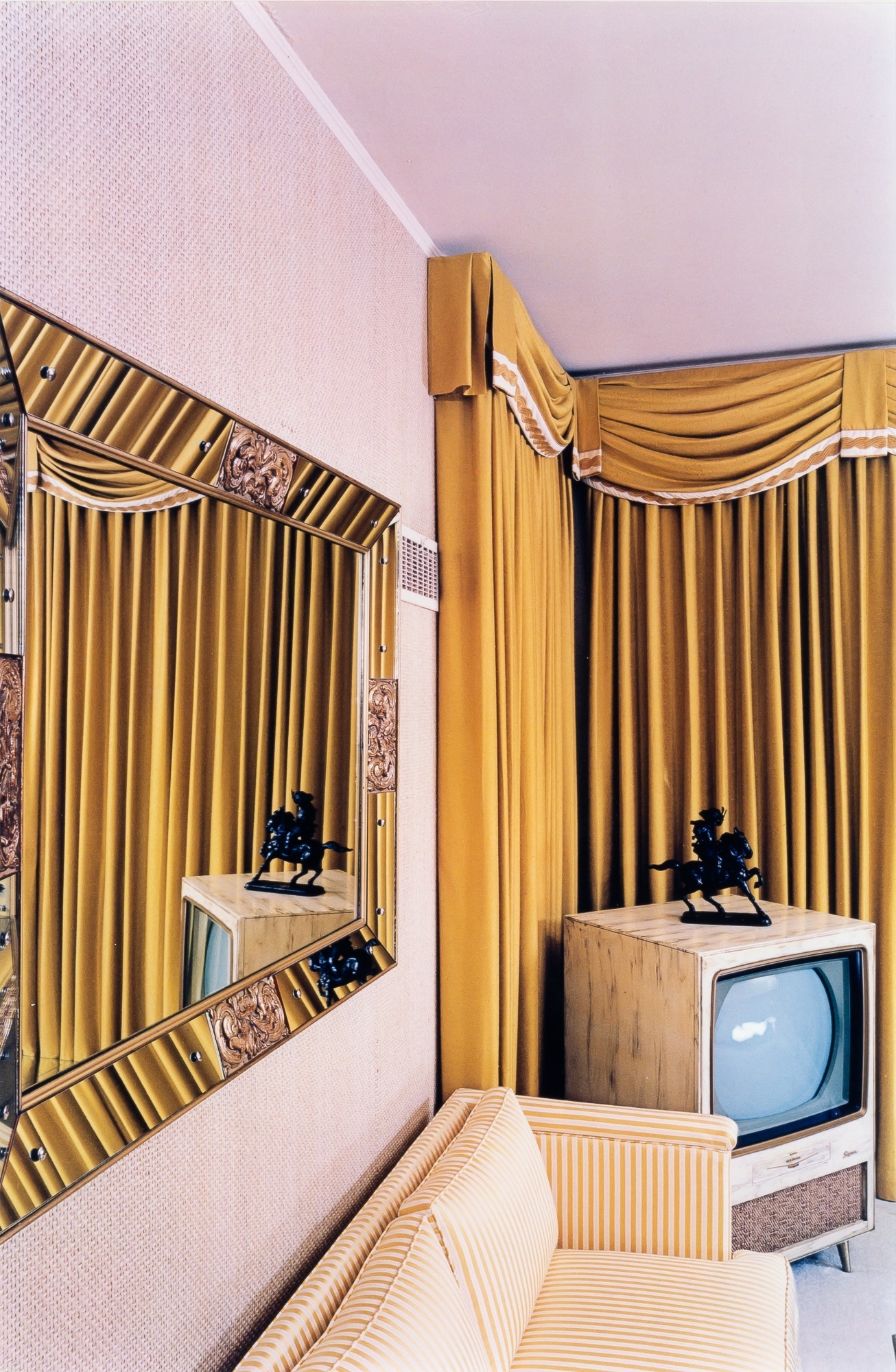
William Eggleston
American, 1939-Present
William Eggleston ranks among the most influential American photographers of the late 20th and early 21st centuries. He is widely acknowledged for elevating color photography from commercial and vernacular origins into an art form defined by nuance and the dignity of everyday life. Raised partly in Memphis, Tennessee and Sumner, Mississippi, Eggleston began shooting in black-and-white before turning to color in the mid‑1960s, embracing dye‑transfer prints for their rich tones and capacity to capture light and surface.
His first solo show at the Museum of Modern Art in 1976, William Eggleston’s Guide, was a landmark moment. Though color photography had existed before, the exhibition helped shift critical perceptions of what the medium could achieve, particularly in his rendering of the ordinary: gas stations, parking meters, and banal interiors. His eye for composition, for color that feels “right” rather than forced, turned the mundane into something visually imperative.
In 2019, Eggleston and his family established the Eggleston Art Foundation in Memphis to preserve his archive of tens of thousands of images, negatives, and ephemera, and to support scholarship on his long career. His works are represented in major collections worldwide, and his influence remains pervasive among photographers who seek to see the world without hierarchical subject matter. Eggleston depicted everyday scenes, roadside details and domestic interiors, yet rendered them with formal attention and an abiding belief in what many had considered too ordinary to photograph.



